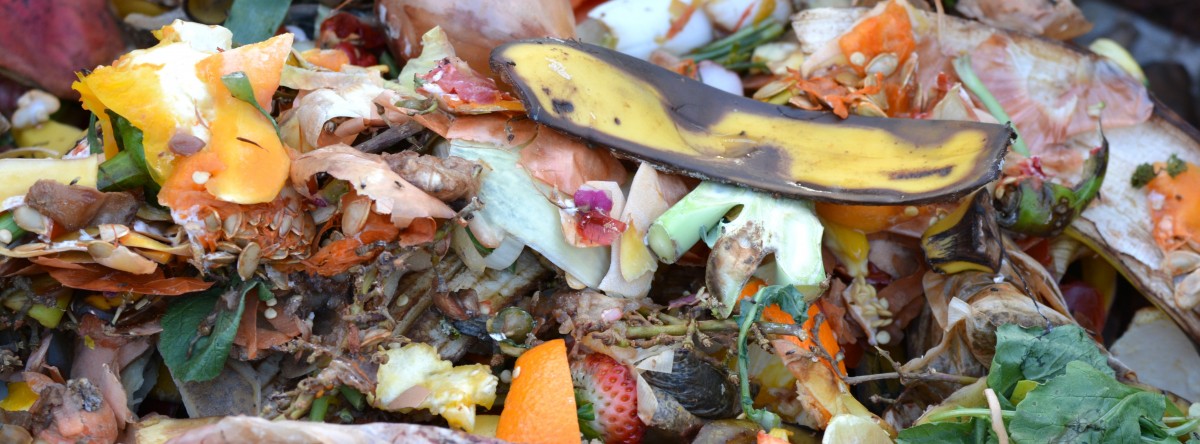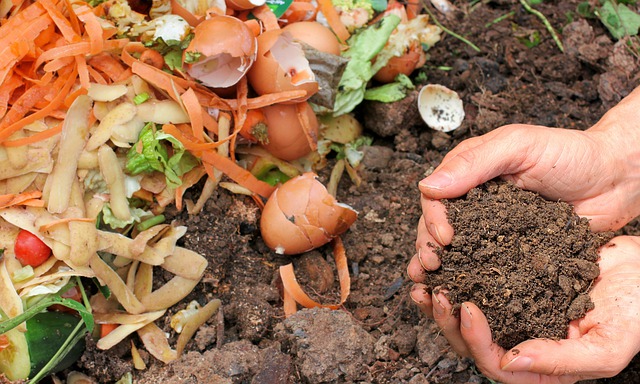Summary
– Step 1: Change your purchasing habits
– Step 2: Change your consumption habits
– Step 3: Limit waste at the source
– Bonus reading: Composting organic waste
Each person produces about 1 kilo of waste per day, and each one of us can make simple gestures every day to reduce this figure. Here are a few easy tips to help you do this.
1. Change your purchasing habits
To do this:
– Buy what you need at retail, favor eco-refills, and choose tap water over plastic bottles. Choosing products without packaging or in the form of eco-refills can reduce the amount of waste produced.
Instead of choosing individual portions, choose a single package for the same quantity: a 1-kilo package instead of two 500 g packages.
– Buy concentrated products: for equivalent uses, the packaging is more diminutive.
– Opt for durable and reusable products: reusable bags or tote bags versus plastic bags, refillable razors, pens, etc.
– Always check the expiration dates of the food you buy: many products are thrown away because they are past their expiration date.
Note: Before buying immediately, think about whether it is better to rent or borrow.
2. Change your consumption habits
Reducing waste also means consuming products more fairly. For example:
– Use the recommended doses for laundry, dishes, and cleaning.
– Choose products that do not require batteries, run on solar energy, for example, or use rechargeable batteries.
When you no longer need/change electrical equipment, trade it in, sell it, or donate it instead of throwing it away.
3. Limit waste at the source
There are a variety of tips to throw away less, for example:
– maintain your appliances to increase their life span;
– refuse advertisements in your mailboxes by sticking a Stop pub sticker;
– limit your printing to essential documents and use the blank pages as drafts;
– to buy second-hand products rather than new ones;
– to ask for dematerialization of your telephone and electricity bills, bank statements, etc.
Each inhabitant throws away between 16 and 20 kg of electrical and electronic equipment per year.
*Bonus reading: Composting organic waste

– List of compostable and non-compostable organic waste
– What mix for composting organic waste?
Not everything is compostable! Below is a list of compostable and non-compostable organic waste.
Be sure to balance the mix and eliminate non-compostable waste.
|
Types of waste |
Compostable |
Non-compostable |
|---|---|---|
|
Kitchen waste |
– Eggshells (to be crushed). – Peelings. – Fruit and vegetable peels. – Teabags (if they are not made of nylon or polypropylene). – Coffee grounds and filters. – Shells. – Stale bread. – Meat waste (fat, rind). – Fish bones to be crushed. – Leftovers from meals. |
– Bones. – Vegetable oils. – Dairy products. – Fats. – Garlic. – Liquid remains (soups, sauces…). – Metals, cans. |
|
Garden waste |
– Dead leaves. – Lawn clippings. – Hedge clippings. – Branches. – Cut flowers/plants/flowers. – Straw and hay. – Tree bark. – Vegetable garden waste. – Pine needles. – Weeds without seeds. |
– Treated wood. – Unground wood. – Earth, clay, sand. – Charcoal. – Animal droppings. – Chemical litter. – Treated plants, diseased plants. – Weeds with seeds. – Creeping plants. – Softwoods. |
|
Other types of waste |
– Cold wood ashes. – Sawdust and wood chips. – Paper towels and tissues. – Unprinted paper and cardboard. – Paper towels. – Animal manure. – Natural litter. |
– Synthetic materials: nylon, plastics, rubber, porcelain. – Baby diapers. – Cigarette butts. – Barbecue charcoal. – Dust and vacuum cleaner bags. – Paper and printed cardboard, magazines, newspapers. – Pallet wood, plywood. |
Good to know: lawn clippings should be used in moderate quantities. Also, if your lawn has just been treated, avoid throwing your clippings in the compost pile.
What mix for composting organic waste?
The three elements that ensure good composting of organic waste are carbon, nitrogen, and air.
– It is necessary to observe this balance, 2/3 of dry waste for 1/3 of wet waste.
– The combination of this mixture is essential in the making of compost.
By sorting your waste by balancing the mixture, you optimize the chances of success of your compost.
Hope this post helps you reduce your waste to contribute to protecting our planet. Please remember to share your experience in the comments below.

